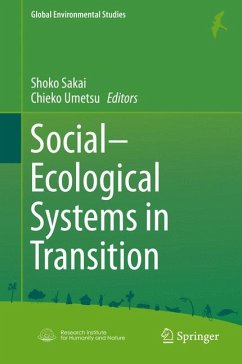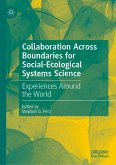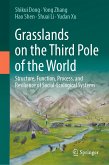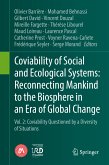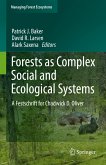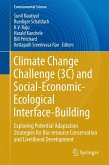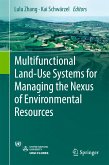Human activities have severely degraded most natural ecosystems, which are now in critical condition. Various approaches have been developed to improve the SESs, to understand environmental problems and explore better ways to increase the sustainability both of ecosystems and of human societies. However, a clear perspective on how to address such problems is still lacking. Part of the difficulty arises because of the diversity and complexity of ecosystems and human societies. Another important factor is the effect of extremely rapid changes in the social and economic characteristics of social-ecological systems. Consequently, adaptability and resilience clearly are essential for the sustainability of SESs. Although there is no one, direct method to achieve high adaptability and resilience, a possible way is to compare and understand the diverse problems associated with differing social-ecological systems.
This published work makes a useful contribution to a greater understanding of the way that essential social responses linked to changes in ecosystems can potentially stimulate further research on this important and interesting subject. The book will attract the attention of scholars in environmental sciences,ecology, and sociology, and indeed of anyone interested in the concept of social-ecological systems.
Dieser Download kann aus rechtlichen Gründen nur mit Rechnungsadresse in A, B, BG, CY, CZ, D, DK, EW, E, FIN, F, GR, HR, H, IRL, I, LT, L, LR, M, NL, PL, P, R, S, SLO, SK ausgeliefert werden.

